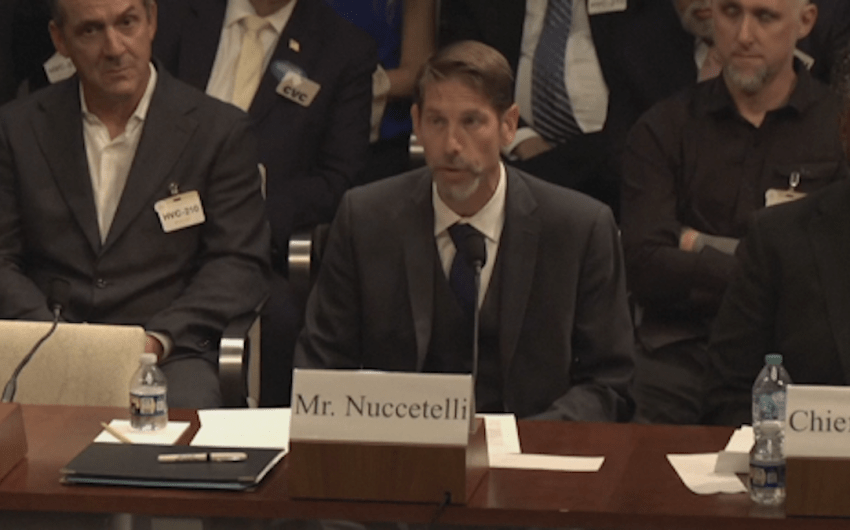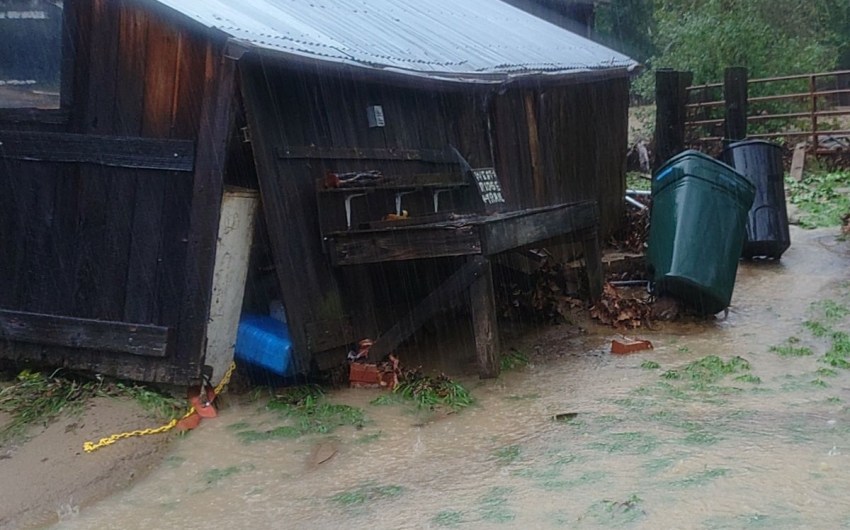Amanda Jones was born and raised in the small, rural town of Watson in Livingston Parish in southern Louisiana, roughly 20 miles southeast of Baton Rouge. She still lives there with her husband and daughter in a house next door to her parents. Watson is a place of settled rhythms and few surprises, of family, church, and conservative tradition, where residents are very familiar with one another.
Employed for more than two decades as a middle school librarian at the same public school she attended, Jones was named the National Librarian of the Year by the School Library Journal in 2021. She adored her job, her students, and the place she occupied in her community. Her book, That Librarian, is the story of how her life was upended when she ran afoul of a local group called Citizens for a New Louisiana, which sounds benign enough, but is part of a far-right, nationwide ecosystem that targets individuals, books, and institutions it considers too liberal, permissive, and inclusive.
Too woke, in other words.
Apprehensive about threats to the Livingston Public Library system, Jones rose at a library Board of Control meeting on July 19, 2022 and voiced her concern that books by LGBTQIA authors or about reproductive health might be removed. “Once you start relocating and banning one topic, it becomes a slippery slope, and where does it end?” Although nothing in her remarks that evening was inflammatory or more radical than the standard guidance provided by the American Library Association, Jones quickly found herself the target of a fierce and vicious social media campaign. Accused of grooming and pedophilia, of encouraging children to engage in anal sex, Jones was assailed by people she had known for years and considered friends, parents of children she had taught, folks she encountered in the grocery store or the dry cleaners.
That the allegations were false didn’t matter. Amanda’s long record of dedicated public service, deep community ties, and Christian affiliation provided no protection, either. As with the hysterical witch trials of an earlier century, the notion that Amanda Jones was a purveyor of smut took on a life and momentum of its own. She was impure, woke, a danger to precious and impressionable children. Social media carried the story far beyond Livingston Parish.
What happens when an ordinary person suddenly becomes the target of a public controversy? What emotional toll is exacted? Jones experienced such anxiety, depression, and fear that she needed a leave of absence from the job she loved. Her family suffered. She received death threats. Had Jones retreated from public view and gone into hiding it would have been understandable, but she chose to defend her reputation, stand for the principles she believed in, and confront her accusers. While her detractors took the low road, Jones took the more difficult high road, upon which she discovered how much fortitude is required to do the right thing in the face of an organized, well-funded and unscrupulous opposition.
Along with filing a defamation lawsuit, Jones got busy organizing other librarians across the country, networking, agitating, and defending books and the value of information, free inquiry and libraries as essential institutions that provide a host of vital services, particularly in small communities. That Librarian is a full-throated defense of the freedom to read, to discover, and to think.
“We should ALL want the freedom to read what we want,” Jones writes, “and have access to reading materials from a variety of viewpoints. Protecting our libraries is exactly how we do that. The attack on librarians and libraries is shameful and something everyone should fear.”
This review originally appeared in the California Review of Books.










